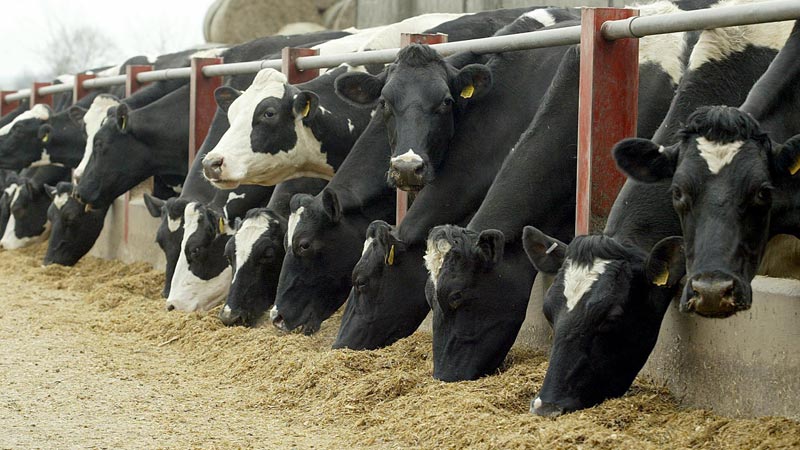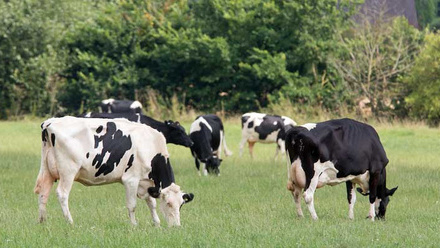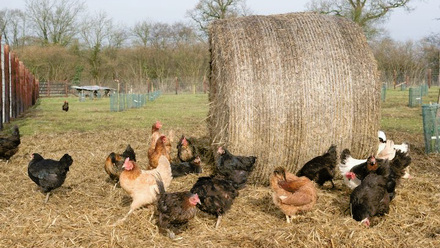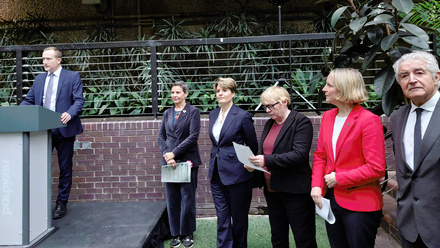Industry leading the way on methane-suppressing feeds, AIC tells Defra

Feed companies are leading the way on innovative solutions which could reduce the amount of methane emitted when feed is digested by livestock, the AIC has told the Government.
Responding to a Defra call for evidence on methane suppressing feeds, the AIC has highlighted the pioneering technologies, practices, and innovations available to feed companies and their livestock farming customers.
These include feed formulation (materials, additives, forage types), production technologies (particle size, chop length of fibres and forages), practices (ad-lib v controlled feeding, precision feeding), as well as other mitigation strategies, such as the valuable advice provided by Feed Adviser Register (FAR) certified advisers.
The AIC response carried no assessment of the quality or efficacy of any such technologies, and instead focussed on how best to assess the validity of any claims for methane suppressing feed materials.
For feed additives, a full risk assessment is required under retained EU legislation 1831/2003 and 429/2008 and a recent amendment enables claims to be made for zootechnical additives that "are used to affect favourably the performance of animals in good health or used to affect favourably the environment".
This process would provide assurance to users that the claims made for products in this category can be substantiated.
Drivers for progress
The view presented by the AIC was that the extent to which any of these technologies would be taken up will depend on their effectiveness in achieving the suppression of methane emissions, as well as any beneficial or detrimental impacts on the level of production, and animal health and welfare resulting from their adoption.
Any financial incentives for farmers to adopt such technologies - whether provided by the Government or in contracts agreed between farmers, processors, and retailers - will also influence the extent of adoption.
The AIC also highlighted that valuable knowledge exchange between FAR advisers to their farming customers will be a further vital element in helping drive down methane emissions.







